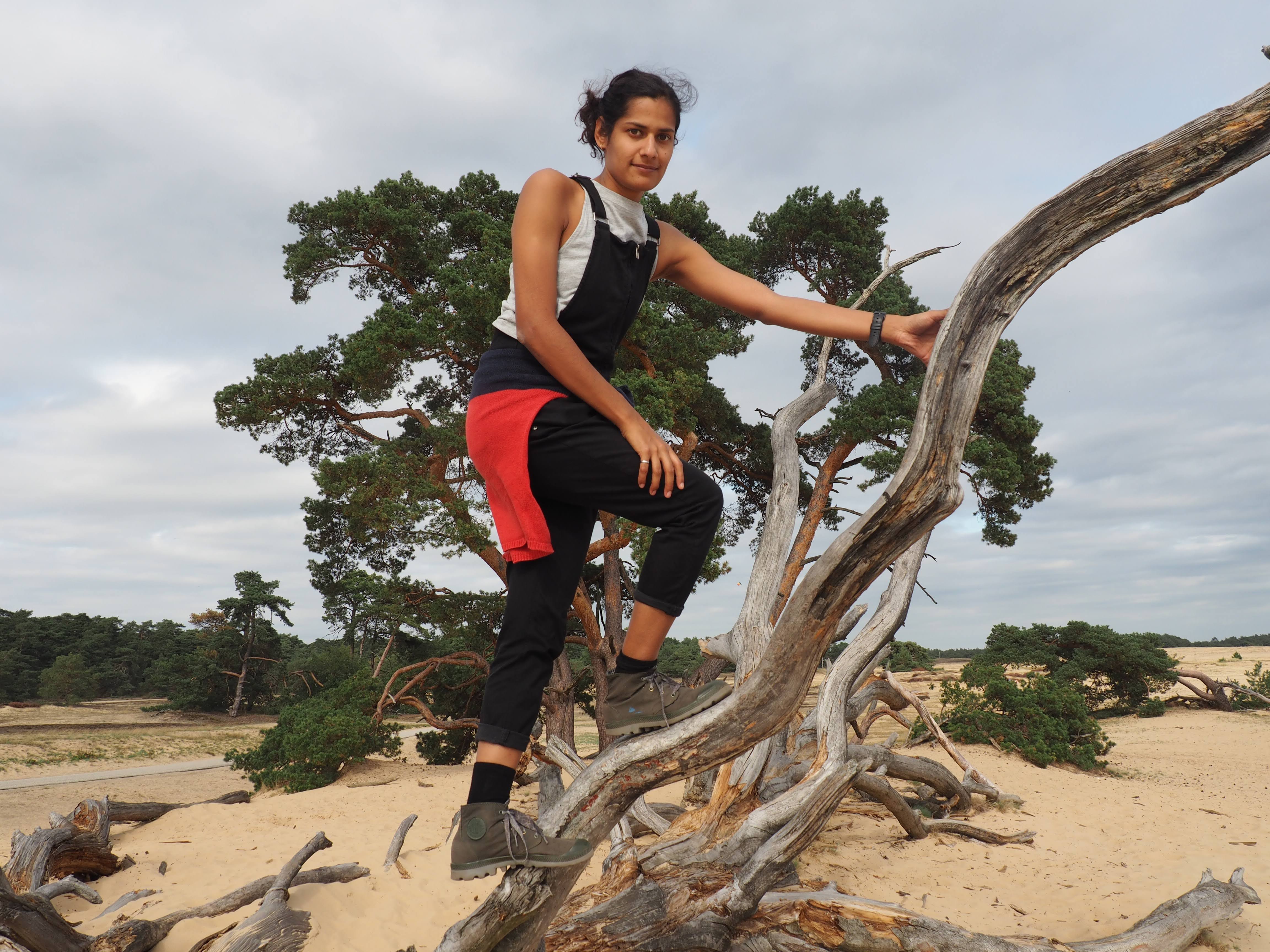
Last updated: April 2, 2020
Current research
Hello! I am working toward a PhD in Computer Science at Technische Universiteit Delft (Delft University of Technology) in the Algorithmics Group, supervised by Dr. Matthijs Spaan. My research is in improving automated decision-making algorithms thus improving our ability to develop high-performing automated control systems.
Still interested?
My work lies within the field of reinforcement learning, in which intelligent agents interact in an environment and learn to make optimal decisions over time. This field is booming in popularity and potential, however the power of reinforcement learning agents in the real-world remains limited. It would be dangerous to release a naïve reinforcement learning agent in most real-world applications (e.g. self-driving cars), where the number of arbitrary decisions that can be made is severely limited by factors such as safety and cost. I work on developing algorithms where human knowledge is incorporated into learning agents to reduce the amount of explorative actions they take during learning, thus making them more useful in the real-world.
Still interested?
“Real” human intelligence is still far ahead of its artificial counterpart. Even in cases where AI appears to out-perform humans (e.g. image recognition, games), these systems rely heavily on human designers and strict, narrow problem specifications. As humans, we have an incredible ability to generate abstract concepts and generalize knowledge from both our own experience and the experience of others around us. This makes us extremely sample efficient, something which the machine learning of today significantly lacks. In my research, I work on creating systems that augment artificial planning agents with human knowledge, making the AI more effective and their decisions more interpretable. This allows for the necessary inclusion of human knowledge combined with the intense computation power of artificial systems.
Previously …
In my previous (academic) work, I focused heavily on human factors in surface transportation. Human factors is a multi-disciplinary field encompassing subjects such as psychology, engineering and statistics; its aim is to better understand the capacities and limitations of the human body and brain in order to improve how we design our environment, systems and tools. Supervised by Dr. Birsen Donmez, I conducted an on-road instrumented vehicle study exploring how searching for parking affects driver physiology, glance behaviour and vehicle control. The goal was to take the first step into quantitatively investigating how the demands on drivers who are looking for street parking may affect the safety of our roads. I ran the experiment in downtown Toronto, tasking our participants with searching for parking while measuring their heart rate, galvanic skin response, gaze position and eye-movement as well as the vehicle’s speed and lane position. There have been several articles published with the data from this experiment; you can find some of them under Publications in my CV.